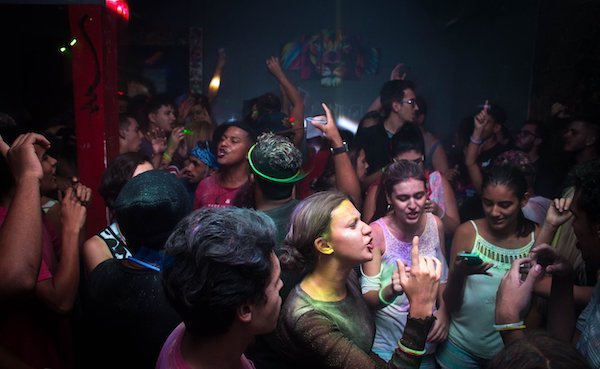Understanding Social Anxiety: Why You’re Anxious Around People
/Social anxiety can be extremely painful.
Sometimes others see it as just shyness or you may think you are an introvert. However, social anxiety can go far beyond that and effect your life in numerous ways that are not to your advantage.
The symptoms of social anxiety can make it difficult to do everyday things. It isn’t just that you don’t want to be the center of attention at parties. Instead, social anxiety can cause problems at work, school, and in your relationships, as well as, the way you view yourself.
Social anxiety might be very frustrating. In fact, it may not be just the symptoms that frustrate you. It may also be frustrating that you don't know why this is happening to you or how to move beyond it. Can I move beyond it? Is it possible?
Why is it that you’re so anxious around people?
Learning more about and understanding your social anxiousness can make it easier to understand and know how to deal with it.
Symptoms of Social Anxiety
This type of anxiety can greatly interfere with your daily life. You may frequently find yourself unable to accomplish the things that you set out to do. Furthermore, you may find that your fears are causing your world to shrink as you become more isolated. For example, you see fewer people and do fewer things because you want to avoid the things that make you anxious. When you become less involved in activities and with friends your life is likely to become lonely.
You might have social anxiety if you regularly feel the following:
Body tension or rigid posture whenever you’re around other people
Anxiety about speaking on the telephone
Hesitation to ask a question in a public setting
Discomfort when eating in public
Incapable of public speaking, group interviews, or being in crowds
So worried about others judging you that you can’t complete daily tasks
You can’t be yourself around others
Social anxiousness doesn’t look the same for everybody. You might feel some or all of these things listed. Moreover, you may always feel like this or you may experience it only in certain situations.
The important thing is to recognize that worries associated with interacting with others are limiting your daily life.
What Causes Social Anxiety?
Understanding why you have this challenge can go a long way towards helping you heal. Sometimes there is a genetic factor for anxiety. However, more often, social anxiety has roots in past experiences.
For example, social anxiety is common among people with a history of:
Childhood physical, mental, or sexual abuse
Family discord or conflict including divorce
Bullying at school or work
Discrimination at school or work, including racial and gender discrimination
Social isolation as a child
Frequently moving between homes during childhood
Trauma, including abuse in early romantic relationships
Essentially, something in childhood may have taught you to fear interactions with others. Maybe you have had an experience that impacted you and continues to impact how you view the world. You might fear rejection, criticism, or an angry reaction.
As an adult, you may not even be aware that these things are at the root of your social fear. Instead, it may be a pattern of coping that has protected you in instances or a behavior that you developed in reaction to situations occurring in your youth.
When the Cause of Social Anxiety is Unclear
Not everyone can point to a specific cause of social anxiety. Nevertheless, there could be an underlying reason.
Here are some clues that the past plays a role in your current social anxiety:
You feel a lot of shame when you think about past situations.
Thinking about childhood or past relationships brings up unpleasant feelings.
It is common for you to avoid any situation that could lead to criticism.
You worry regularly that you might say the wrong thing.
You struggle with low self-esteem.
These things are all signs that social anxiety has roots in something from your past. Your body could be responding unconsciously to something that happened a long time ago.
Through therapy, you can become more aware of your emotional and somatic response to social situations. With RRT/Memory Reconsolidation you can clear those emotions, feelings and thoughts so that you can live in the present moment with ease and lightness and clarity.
Social anxiety can be cleared at its roots, so you can be free of past emotions and thoughts that were not to your advantage. Your focus can be on the present and the things you love. Life can be different.
Rapid Resolution Therapy is an established treatment option for social anxiety. Learn more about how it can help.


